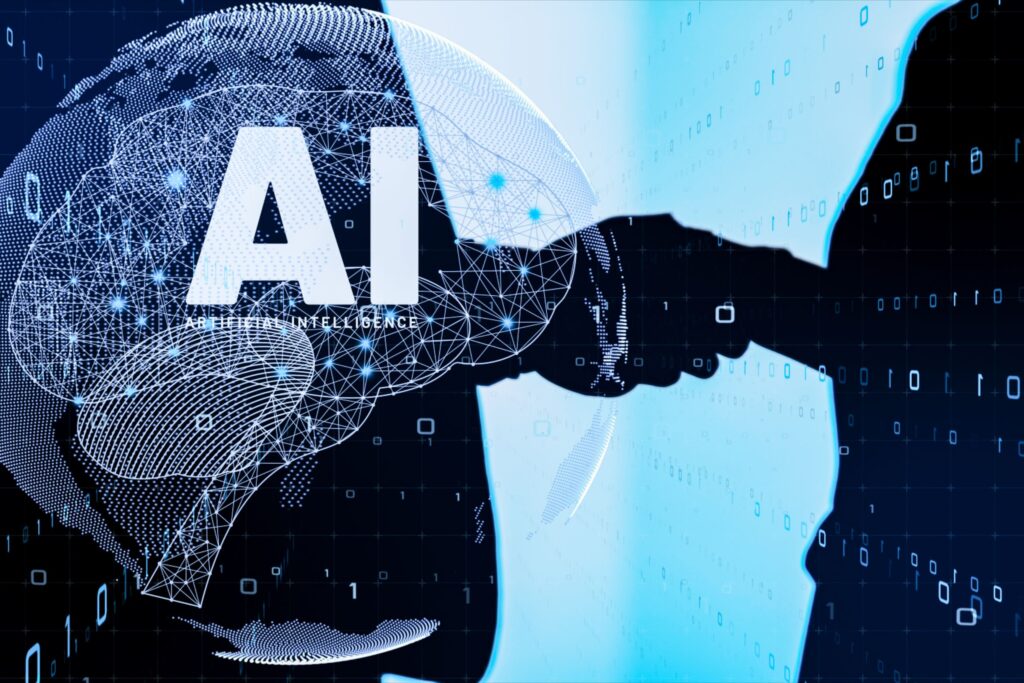
The Role of AI in Transforming Utility Management
In recent years, the advent of Artificial Intelligence (AI) has revolutionized industries globally, and the utility sector is no exception. The integration of AI into utility management is not just a trend but a significant leap forward in optimizing operations, enhancing customer satisfaction, and promoting sustainability. Below, we delve into the multifaceted role AI plays in transforming utility management.
1. Enhancing Operational Efficiency in Utility Systems
AI is reshaping how utilities operate by introducing predictive maintenance and automation. Traditional systems often rely on reactive measures to address failures. AI, however, leverages machine learning algorithms to analyze historical and real-time data, allowing utilities to:
- Identify potential equipment failures before they occur, minimizing downtime.
- Optimize energy distribution through dynamic load balancing, reducing waste.
- Automate routine tasks, freeing up human resources for more complex challenges.
For example, AI-driven smart grids dynamically adjust energy flows to meet demand fluctuations, significantly enhancing efficiency and reliability. AI in utility management
2. Smart Metering and Real-Time Data Analytics
The integration of smart meters with AI capabilities has revolutionized the way utilities monitor and manage consumption. AI processes vast amounts of real-time data collected from these meters to:
- Provide accurate consumption insights to consumers, enabling informed energy usage decisions.
- Detect anomalies and unauthorized usage, reducing losses due to theft or inefficiencies.
- Help utilities forecast future demand more accurately, ensuring optimal resource allocation.
This transformation empowers both service providers and consumers to participate actively in efficient utility management.
3. Driving Energy Sustainability through AI
AI is pivotal in advancing sustainability initiatives within the utility sector. With global focus shifting toward renewable energy sources, AI helps utilities integrate these sources more effectively into their operations. Key contributions include:
- Forecasting renewable energy availability using weather and environmental data, ensuring seamless integration into the grid.
- Balancing energy supply and demand to reduce reliance on fossil fuels.
- Identifying opportunities for energy conservation in real-time.
Moreover, AI-enabled energy storage solutions allow for better management of surplus energy, further promoting sustainable practices.
4. Personalized Customer Experience
In today’s digital era, customer expectations are higher than ever. AI-driven systems provide utilities with the tools to enhance the customer experience by offering:
- Tailored insights into individual consumption patterns.
- Proactive communication about outages, maintenance schedules, or billing updates.
- Automated chatbots and virtual assistants that address customer queries efficiently.
By personalizing services, utilities can strengthen customer relationships and foster loyalty. Cloud based purchase & inventory management software
5. Advanced Grid Security and Cyber Threat Mitigation
As utility systems become increasingly digitized, they also become more vulnerable to cyber threats. AI plays a critical role in safeguarding these systems by:
- Monitoring networks for unusual activity that may indicate potential breaches.
- Automatically responding to threats in real-time, minimizing disruptions.
- Continuously learning from attempted attacks to bolster future defenses.
The implementation of AI-powered cybersecurity solutions ensures the resilience and reliability of utility infrastructures.
6. Reducing Costs and Maximizing Profitability
AI’s ability to optimize processes directly translates into cost savings for utility companies. By reducing waste, predicting demand accurately, and automating repetitive tasks, utilities can significantly lower operational expenses. Additionally, AI insights help identify new revenue streams, such as demand-response programs or value-added services.
7. AI in Water and Waste Management
AI extends its transformative impact beyond energy to include water and waste utilities. AI-powered systems assist in:
- Monitoring water distribution networks to detect leaks promptly.
- Optimizing waste collection routes, reducing fuel consumption and emissions.
- Predicting water demand patterns, enabling better resource management.
This ensures a more sustainable approach to managing these essential utilities. Artificial intelligence in business
8. Overcoming Challenges in AI Adoption
While the benefits of AI in utility management are undeniable, implementing these technologies is not without challenges. Some common hurdles include:
- High initial investment costs, which may deter smaller utility providers.
- Integration complexities with legacy systems.
- The need for skilled personnel to manage and interpret AI-driven insights.
However, as AI technology matures and becomes more accessible, these challenges are expected to diminish.
9. The Future of Utility Management with AI
The future of utility management is undoubtedly intertwined with AI advancements. Emerging technologies like edge computing, Internet of Things (IoT), and blockchain will further enhance AI’s capabilities. For instance:
- IoT sensors will provide more granular data, improving decision-making accuracy.
- Blockchain will ensure secure and transparent transactions in energy trading.
Conclusion
By embracing these innovations, the utility sector can achieve unprecedented levels of efficiency, sustainability, and customer satisfaction.AI’s transformative role in utility management is a testament to its potential to revolutionize industries. By harnessing the power of AI, utilities can address long-standing challenges, drive innovation, and contribute to a more sustainable future. AI analytics for utilities